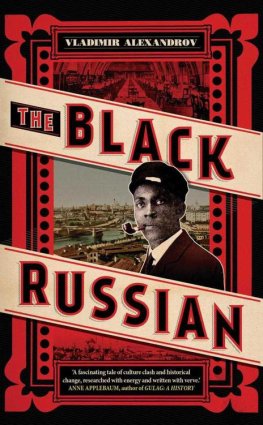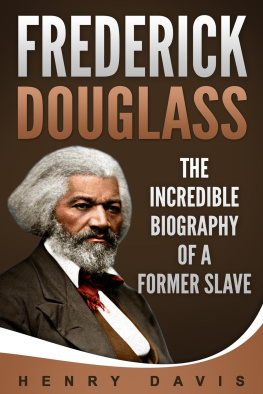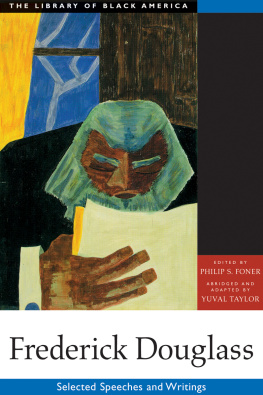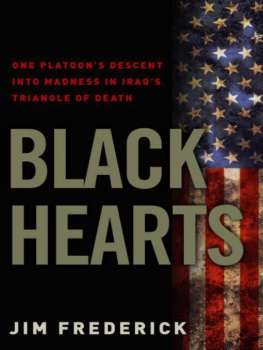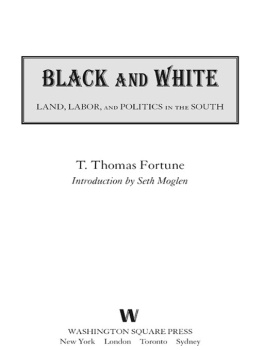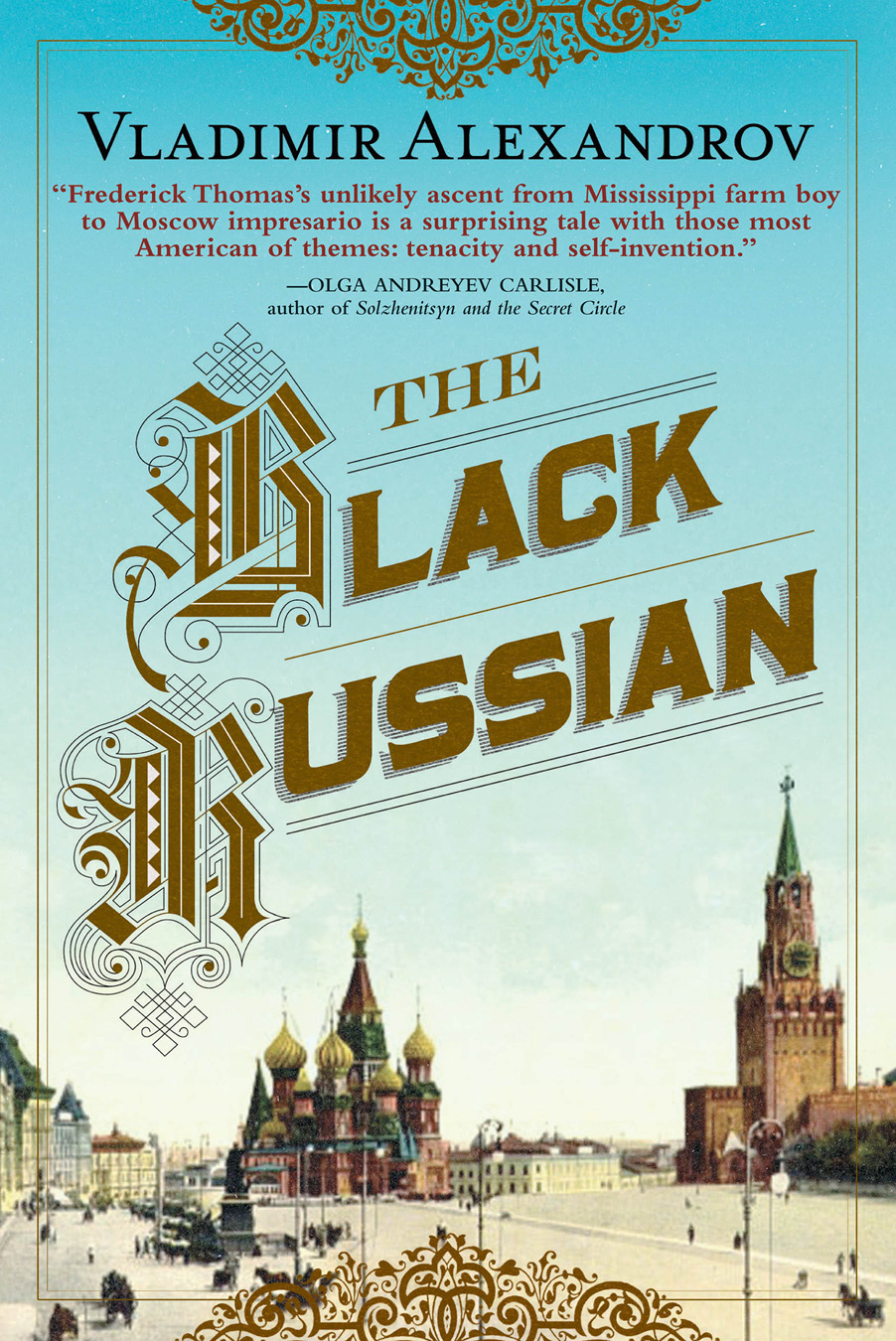
THE BLACK
RUSSIAN
Also by Vladimir Alexandrov
Andrei Bely: The Major Symbolist Fiction
Nabokovs Otherworld
Limits to Interpretation: The Meanings of Anna Karenina
THE BLACK
RUSSIAN
Vladimir
Alexandrov

Atlantic Monthly Press
New York
Copyright 2013 by Vladimir Alexandrov
All rights reserved. No part of this book may be reproduced in any form or by any electronic or mechanical means, including information storage and retrieval systems, without permission in writing from the publisher, except by a reviewer, who may quote brief passages in a review. Scanning, uploading, and electronic distribution of this book or the facilitation of such without the permission of the publisher is prohibited. Please purchase only authorized electronic editions, and do not participate in or encourage electronic piracy of copyrighted materials. Your support of the authors rights is appreciated. Any member of educational institutions wishing to photocopy part or all of the work for classroom use, or anthology, should send inquiries to Grove/Atlantic, Inc., 841 Broadway, New York, NY 10003 or .
The quotations from Prince Andrey Lobanov-Rostovsky on
pp. xviixviii are reprinted with the permission of Scribner, a
Division of Simon & Schuster, Inc., from The Grinding Mill:
Reminiscences of War and Revolution in Russia, 19131920 by Prince A. Lobanov-Rostovsky. Copyright 1935 by The Macmillan Company. All rights reserved.
The quoted passage on pp. 178179 from Morris Gilbert, Alors, Pourquoi? The Smart Set . Vol. LXXII, No. 3 (November 1923), 4748, is reprinted with the permission of Hearst Corporation.
Published simultaneously in Canada
Printed in the United States of America
ISBN-13: 978-0-8021-2069-4
Atlantic Monthly Press
an imprint of Grove/Atlantic, Inc.
841 Broadway
New York, NY 10003
Distributed by Publishers Group West
www.groveatlantic.com
For Sybil, who heard it all first
CONTENTS
Life or Death
The Most Southern Place on Earth
Travel and Transformation
Nothing Above Moscow
Early Fortune
Becoming Russian
Loss and Escape
Reinvention in Constantinople
The Struggle for Recognition
Sultan of Jazz
Death and Life
CONVENTIONS
All dates for events in Russia prior to 1918 are given in the Old Style (O.S.) calendar: the Julian calendar that was in use until that year and that was thirteen days behind the Gregorian, New Style (N.S.) calendar used in the West during the twentieth century (during the nineteenth, it was twelve days behind). Occasionally a double date is given for clarity in connection with events that were also important in the West: e.g., August 2/15, which means August 2 according to the O.S. calendar and August 15 according to the N.S. calendar.
Russian personal names and place-names are given in their most accessible forms. For Turkish personal names, I use the spelling in my sources. For Turkish place-names, I give the forms used in Western sources during the time I describe, rather than present-day names: thus, Constantinople not Istanbul; Pera not Beyo g lu; Galata not Karaky; Scutari not skdar; Grande rue de Pera not I stiklal Caddessi.
Estimates of what different currencies and sums from the past would be worth in todays dollars are determined by calculators at http://www.measuringworth.com/uscompare/.
PROLOGUE
Life or Death
The catastrophe should never have happened. On the morning of April 1, 1919, William Jenkins, the American consul in Odessa, a major Russian port on the Black Sea, walked from his office to the London Hotel, where the French army of occupation had set up its headquarters. He was alarmed by the previous days setback on the frontRed Guards had driven Greek and French troops from yet another town to the eastand by the hysterical rumors that were sweeping through the scores of thousands of refugees who had fled to Odessa from Soviet territory. He wanted to meet with the French commander himself, General Philippe dAnselme, and to ask him point-blank what he was going to do in the face of the deteriorating situation. Shortages of food and fuel in the city had become critical. A typhus epidemic was breaking out. Radicalized workers were mutinying and stockpiling guns. And Odessas notorious criminal gangs vied with the Bolshevik underground in robbing homes and businesses, and murdering anyone who got in their way. Jenkins had compiled a list of twenty-nine Americans in the city, including, against all odds, a black man from Mississippi accompanied by a white wife and four mixed-race children. As consul, Jenkins was responsible for the entire groups safety and was beginning to doubt the resolve and reliability of the French.
Although he would not know it for another thirty-six hours, Jenkinss fears were well founded. The French high command in Paris had concluded several days earlier that their military intervention in the Russian civil war had been a mistake. However, General dAnselme skillfully concealed this behind his blunt military manner and proceeded to lie to Jenkinss face.
He began by pretending that he was sharing a confidence with Jenkins, who was, after all, the official representative of an important ally, and admitted that it might perhaps be necessary to evacuate some of the old men, women, and children in Odessa because of food shortages. But when Jenkins pressed the crucial point of a general evacuation of the city, dAnselme assured him that there was absolutely no question of the French army abandoning Odessa.
Jenkins left French headquarters reassured. The following day, Wednesday, April 2, he received written confirmation of what dAnselme had told him. The French commander also broadcast his message to the city at large by publishing announcements in the local newspapers to the effect that although some civilians would have to be evacuatedhe used the strangely callous expression all useless mouthsthe military situation was secure.
In truth, however, the French had already decided to withdraw all forces from Odessa. But rather than organize an orderly evacuation that might take two weekswhich would have been the only way to accommodate 70,000 troops, their equipment, and anywhere between 50,000 and 100,000 civiliansdAnselme and his staff decided to keep their decision secret as long as possible. The city was dangerously overcrowded and they hoped to prevent panic. What they achieved instead was the exact opposite and would become known around the world as the French debacle in Odessa.
Wednesday passed relatively calmly. All the government offices were open and working. After the sun set, the only disturbances were the occasional, familiar crackle of gunfire and detonations of hand grenades as the citys criminals and Bolsheviks began their nightly depredations. In the inner and outer harbors, the French and other Allied warships rested reassuringly at anchor. The bivouacs of the Greek, Senegalese, and Algerian Zouave regiments were quiet.
Then, almost by chance, Jenkins learned the incredible news. Around 10 p.m., Picton Bagge, the British commercial attach in the city, came to him with urgent and confidential information. He had heard from the captain of HMS Skirmisher, a British torpedo boat in the harborthe captain in turn having gotten it from a French admiral in Odessathat the French had decided to give up the city.
Jenkins was stunned: not only had dAnselme lied to him, but the French withdrawal meant that the Bolsheviks would be in Odessa in a matter of days. Jenkins also realized that as soon as word got out, the hordes of White Russian refugees from Moscow, Petrograd, and other places in the north would stampede out of terror that the Bolsheviks would massacre them. With escape by land cut off, the only way out was across the Black Sea, and there were not nearly enough ships for everyone. He would have to rush to get his flock aboard a ship while there was still time.
Next page

